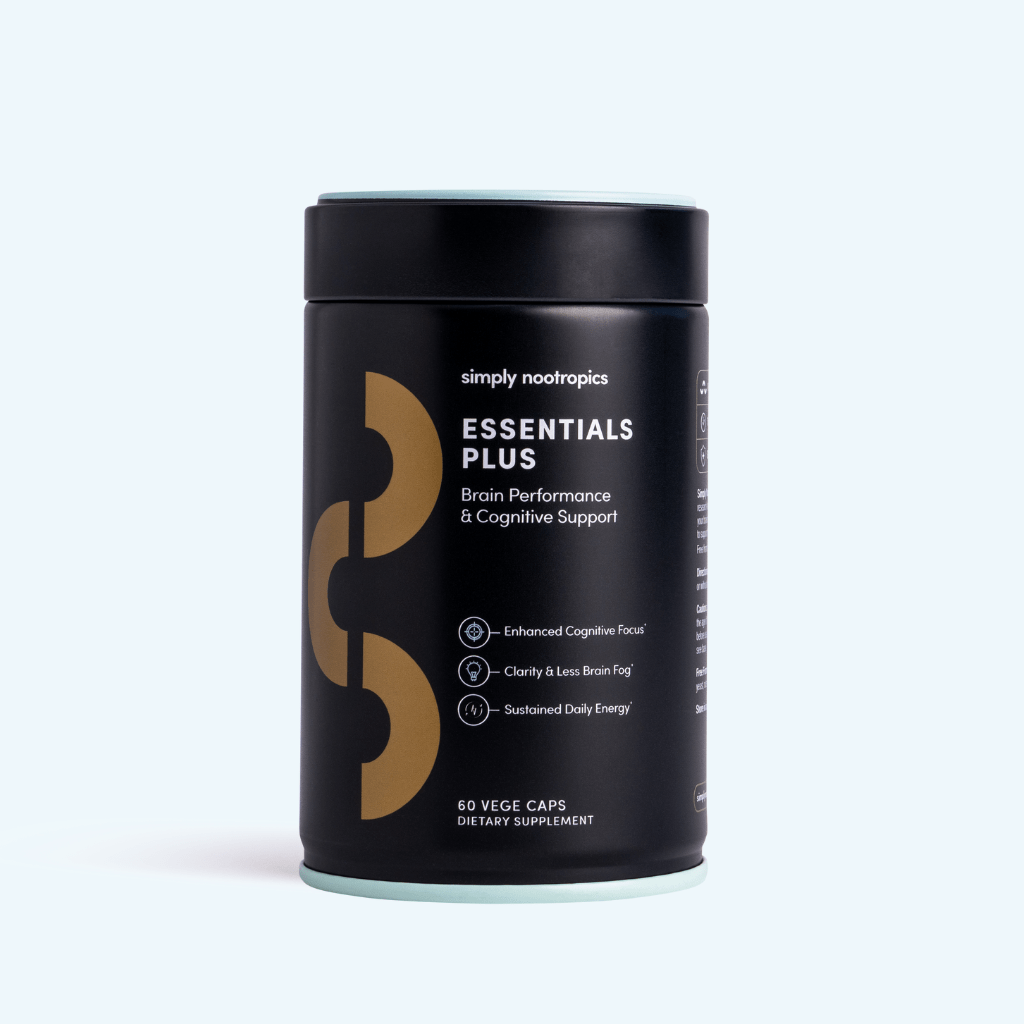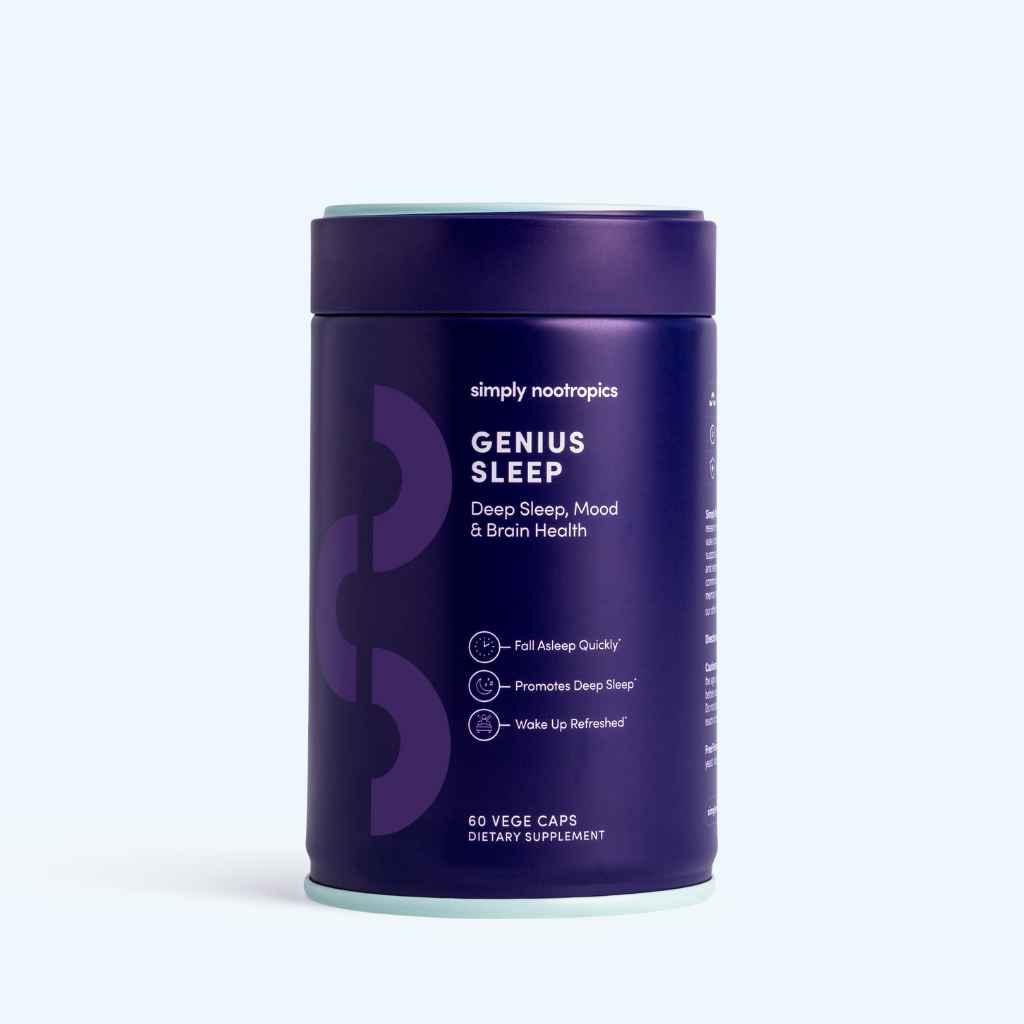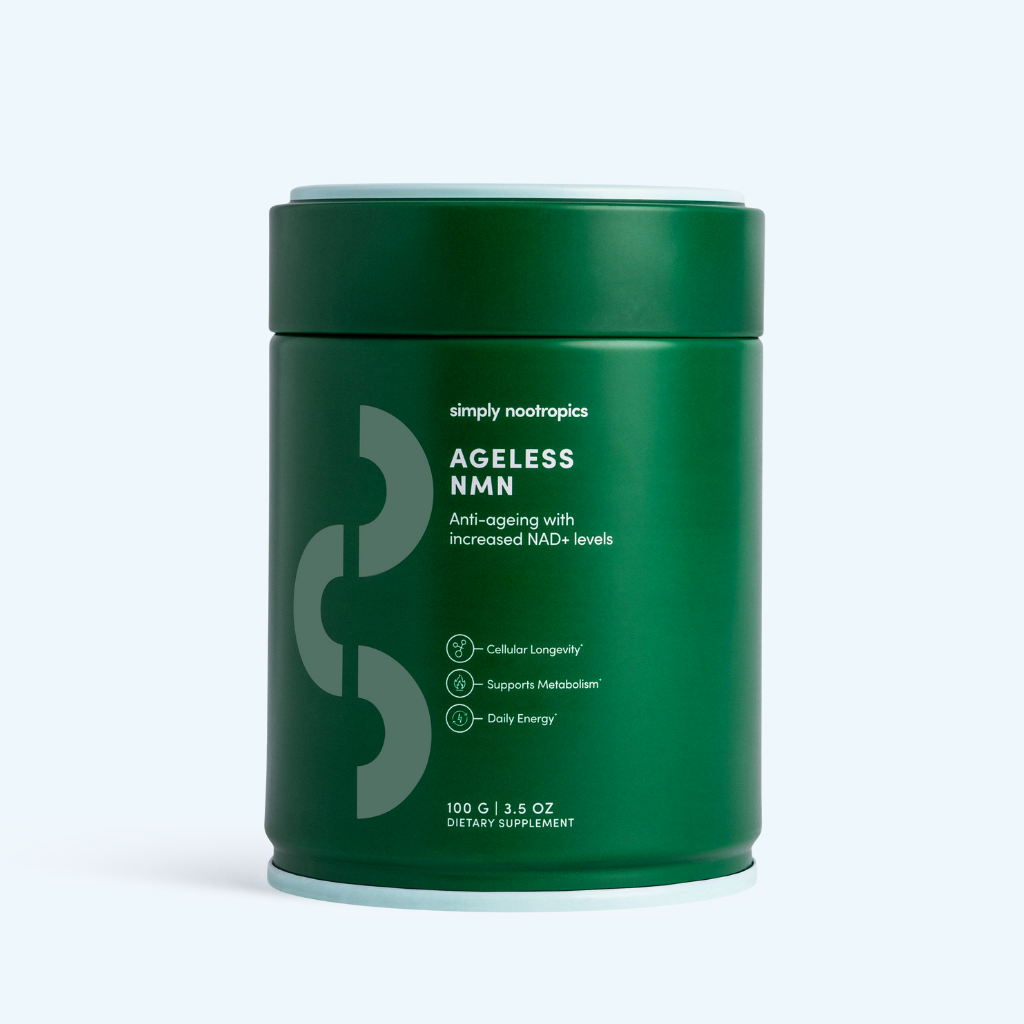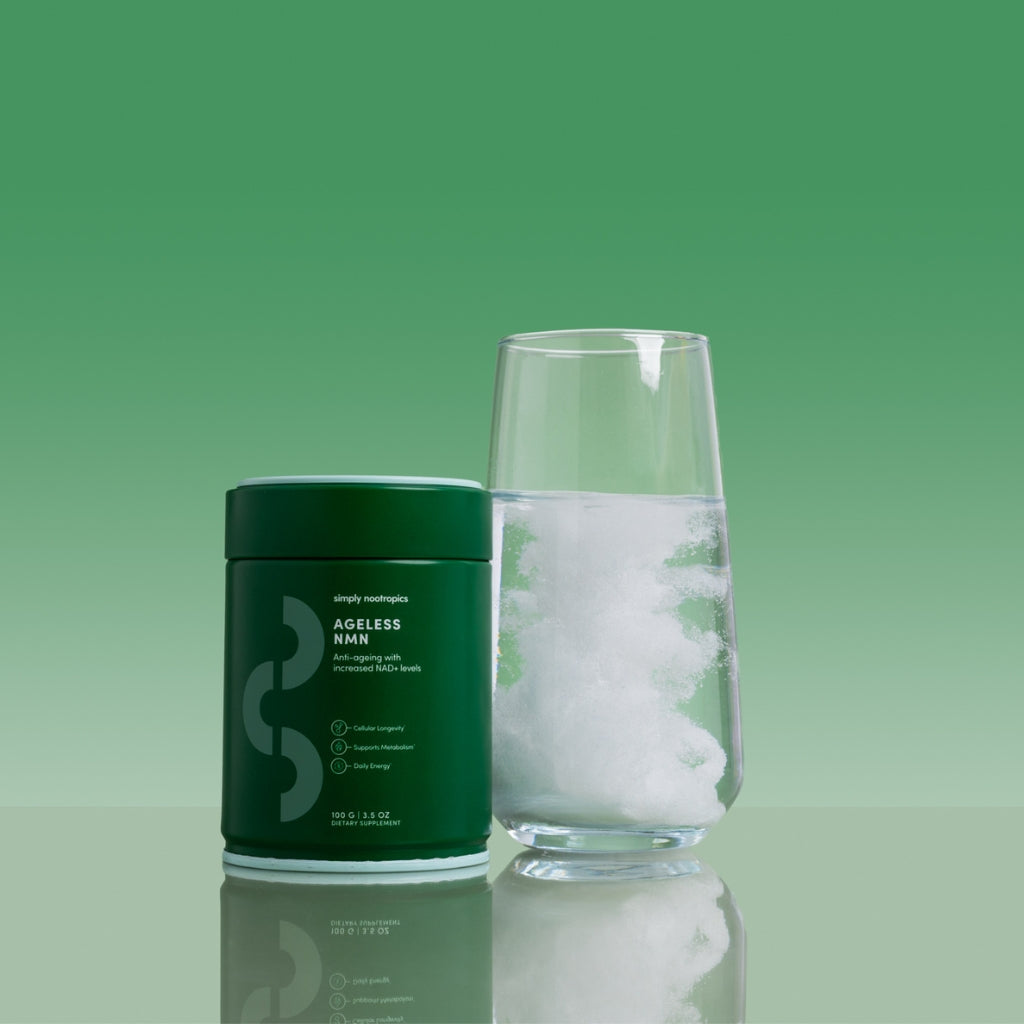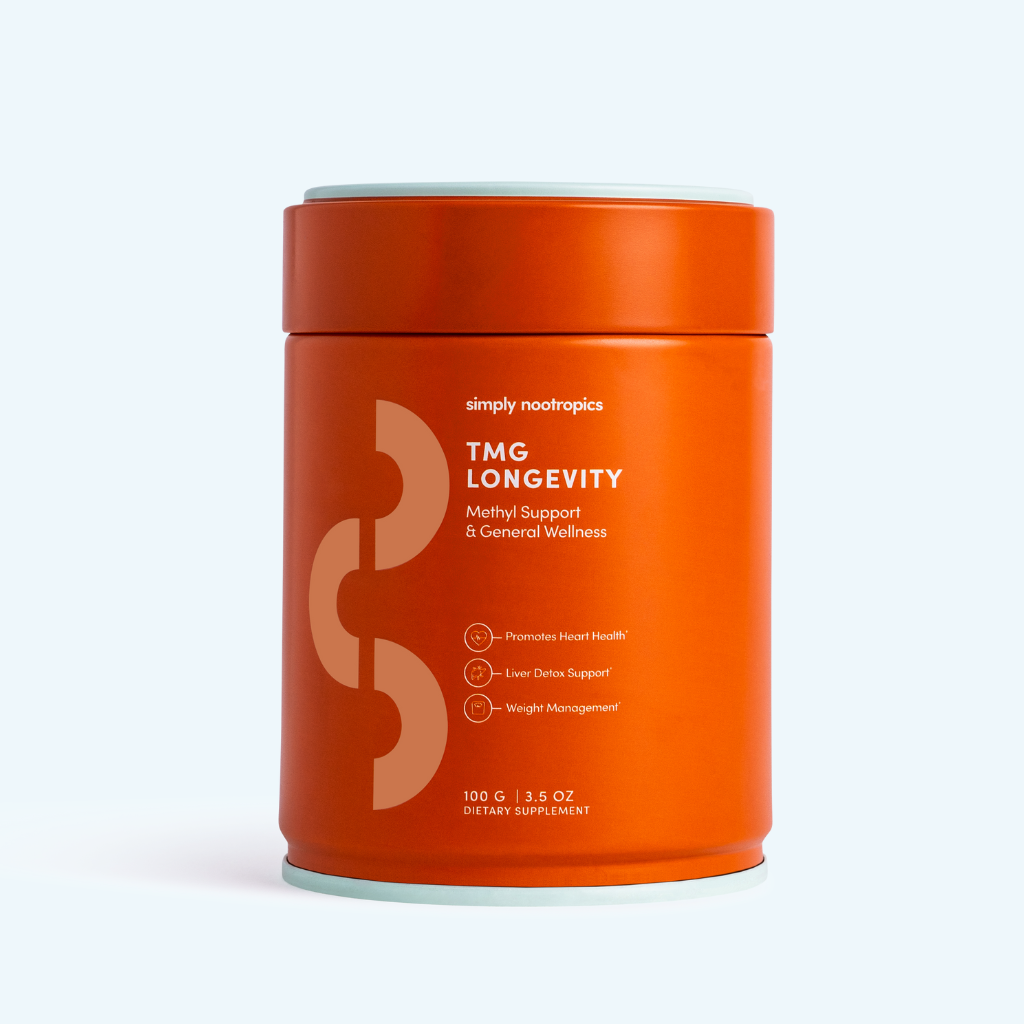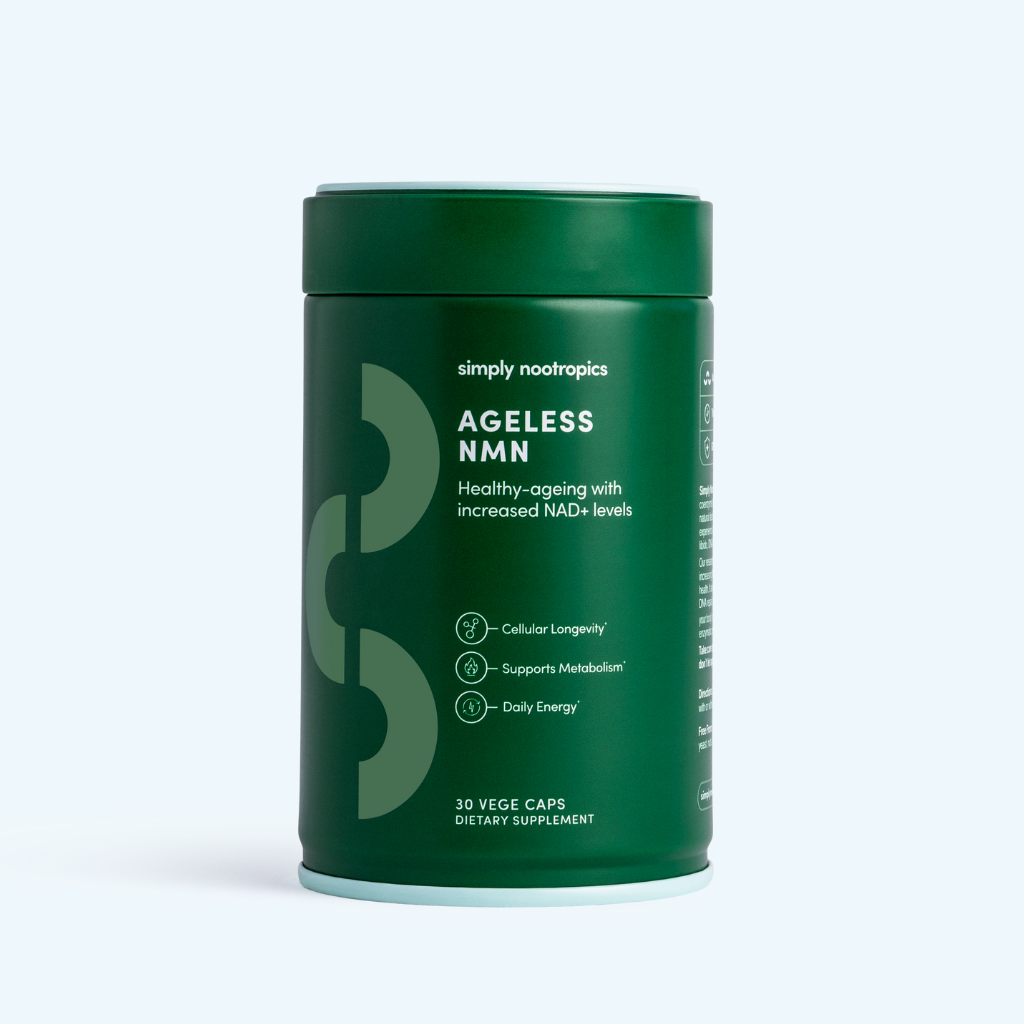Welcome back to another edition of Longevity News, your go-to source for the latest and most interesting developments in the field of health, wellness, and ageing. This week, we're learning about the groundbreaking research that might just change the way we think about living longer and healthier lives.
- Australia’s Longevity Lesson for America
It turns out that Americans might have something to learn from their friends down under. A recent study highlights how Australian communities are teaching valuable lessons about resilience, particularly in the face of climate change, a factor increasingly recognized as having a profound impact on public health and longevity.
The research emphasises that strong, cohesive communities are better equipped to handle environmental stressors, which also supports the overall health and well-being of their populations. Australians, known for their tight-knit communities and proactive public health measures, are showing how collective action and social bonds can mitigate the adverse effects of climate change.
But how does this translate to longevity? The answer lies in the social determinants of health—factors like social support, access to resources, and community engagement. In Australia, community-driven initiatives are helping people not just survive, but thrive, even in challenging conditions. These initiatives foster a sense of belonging and purpose, which are crucial for mental and physical health.
In the end, longevity isn’t just about what happens in the doctor’s office—it’s also about the communities we build and the connections we nurture.
Rosemary, the aromatic herb we love to sprinkle on our roasted potatoes, is making the news for more than just its culinary uses. A recent study has uncovered that a compound found in rosemary could have a significant impact on the brain’s response to cocaine.
Researchers have discovered that this compound, called carnosic acid, can reduce sensitivity to cocaine by targeting specific pathways in the brain. What’s even more interesting is that carnosic acid may help to protect neurons from the harmful effects of drugs by reducing inflammation and oxidative stress.
The same neuroprotective effects that make rosemary potentially useful in treating drug sensitivity could also have broader implications for brain health in general.
In our fast-paced world, food delivery has become a staple of modern life. But did you know that your likelihood of ordering food via an app might be influenced by your social position? According to a recent study, there’s a fascinating link between social status and food delivery habits.
Researchers found that people with lower social status are more likely to rely on food delivery services. This might seem surprising at first, but when you think about the dynamics at play, it starts to make sense. Individuals with lower incomes or less time due to multiple jobs might find food delivery a convenient alternative to cooking at home. Plus, the rise of food delivery apps has made it easier than ever for people to access a variety of foods without leaving their homes.
The study also suggests that food delivery services are not just a matter of convenience but also a reflection of broader social and economic trends. As our society becomes more stratified, with the wealthy having more access to healthy, fresh food, those in lower socioeconomic brackets may increasingly turn to delivery, even if it’s not the healthiest option.
This trend raises important questions about the future of food access and health equity. If food delivery continues to grow, will it widen the gap between different social classes in terms of diet quality and health outcomes? Or can we find ways to make healthy, convenient food more accessible to everyone?
- Nicotinamide Riboside, A New Frontier in Brain Health
NAD+ (nicotinamide adenine dinucleotide) is important for cellular energy production and has been linked to a variety of health benefits, including improved metabolism, reduced inflammation, and even a longer lifespan. But until recently, the effects of NAD+ precursors like nicotinamide riboside (NR) on the brain were largely unknown.
That’s where a new study comes in, providing the first-ever measurements of NAD+ levels in the brains of healthy adults following NR supplementation. The results are promising: NR was found to significantly elevate brain NAD+ levels, suggesting that it could play a role in protecting against neurodegenerative diseases and age-related cognitive decline.
This means that if you’re already taking NAD+ supplements or considering them, this study adds another potential benefit to the list. By boosting NAD+ levels in the brain, NR could help keep your mind sharp as you age, potentially warding off conditions like Alzheimer’s and Parkinson’s.
As we've seen, recent research is shedding light on various strategies to support brain health and longevity. If you’re interested in supporting your brain health, you might consider adding an NAD+ booster like NMN to your routine. Simply Nootropics offers NMN supplements that complement these findings, providing an easy way to enhance your cellular health and longevity.

